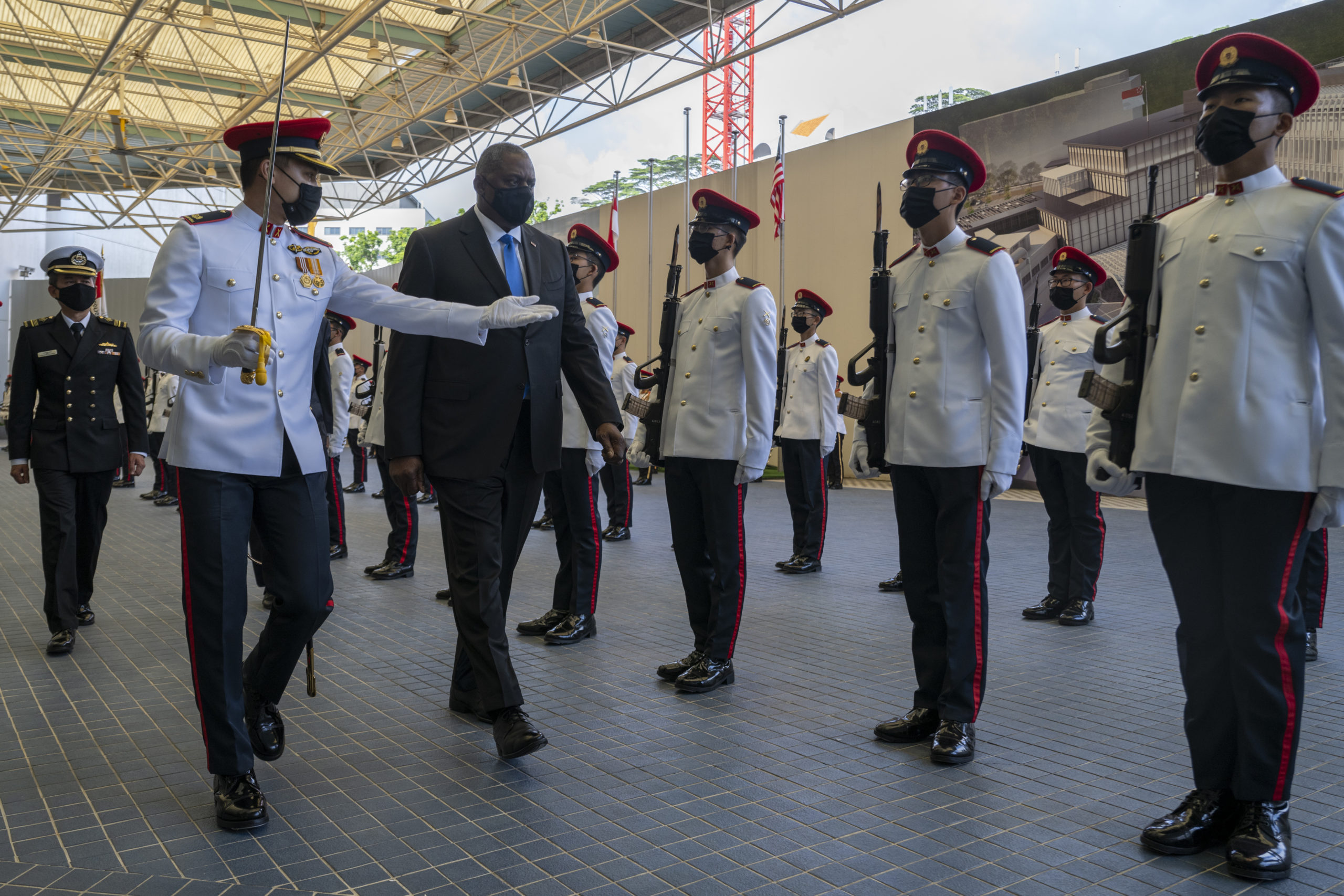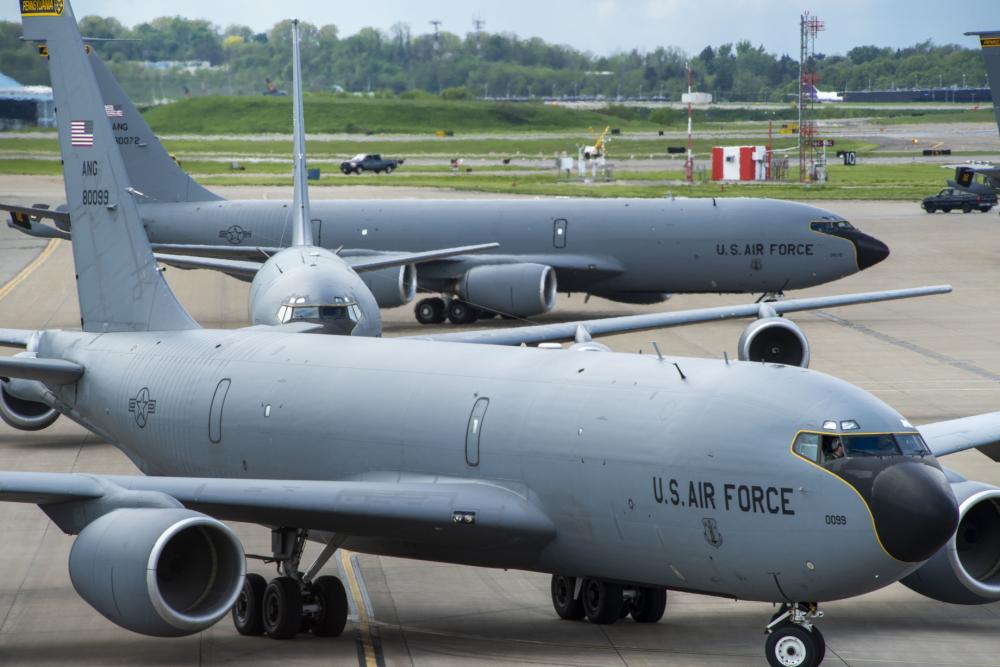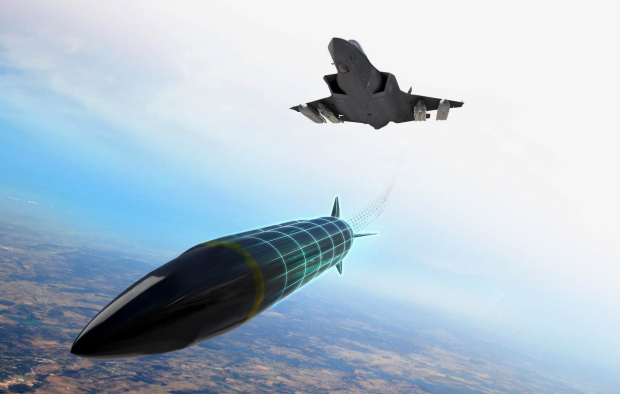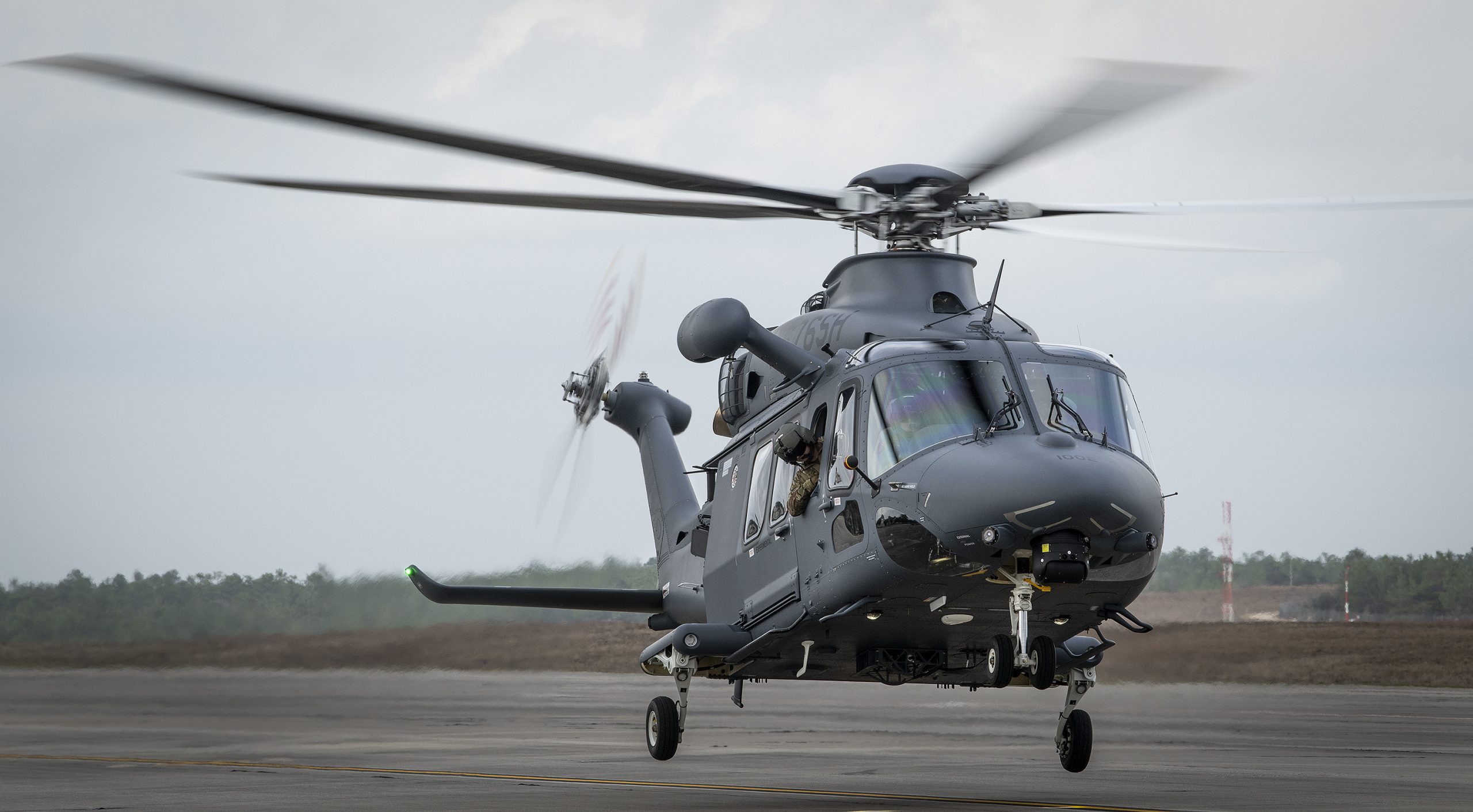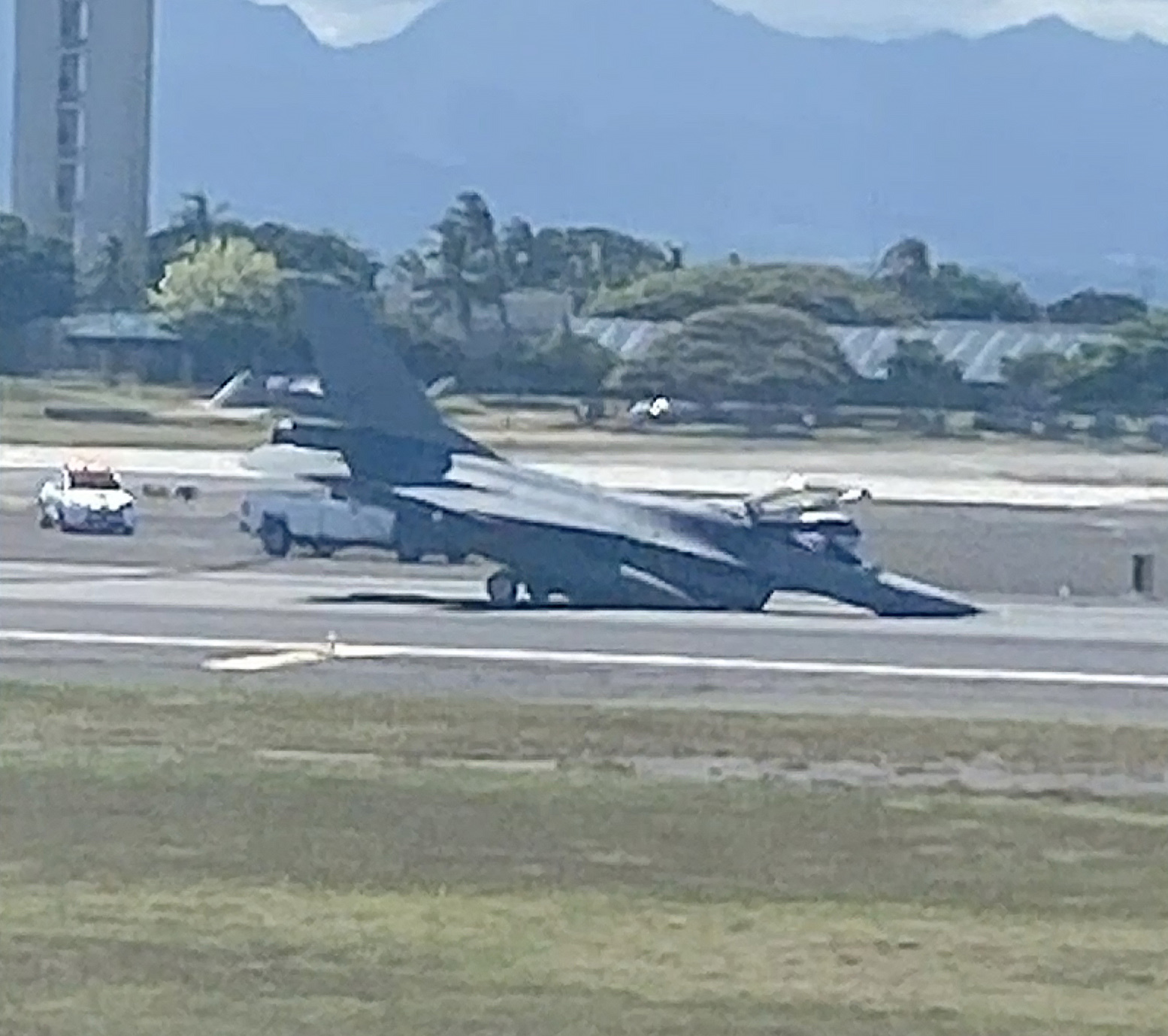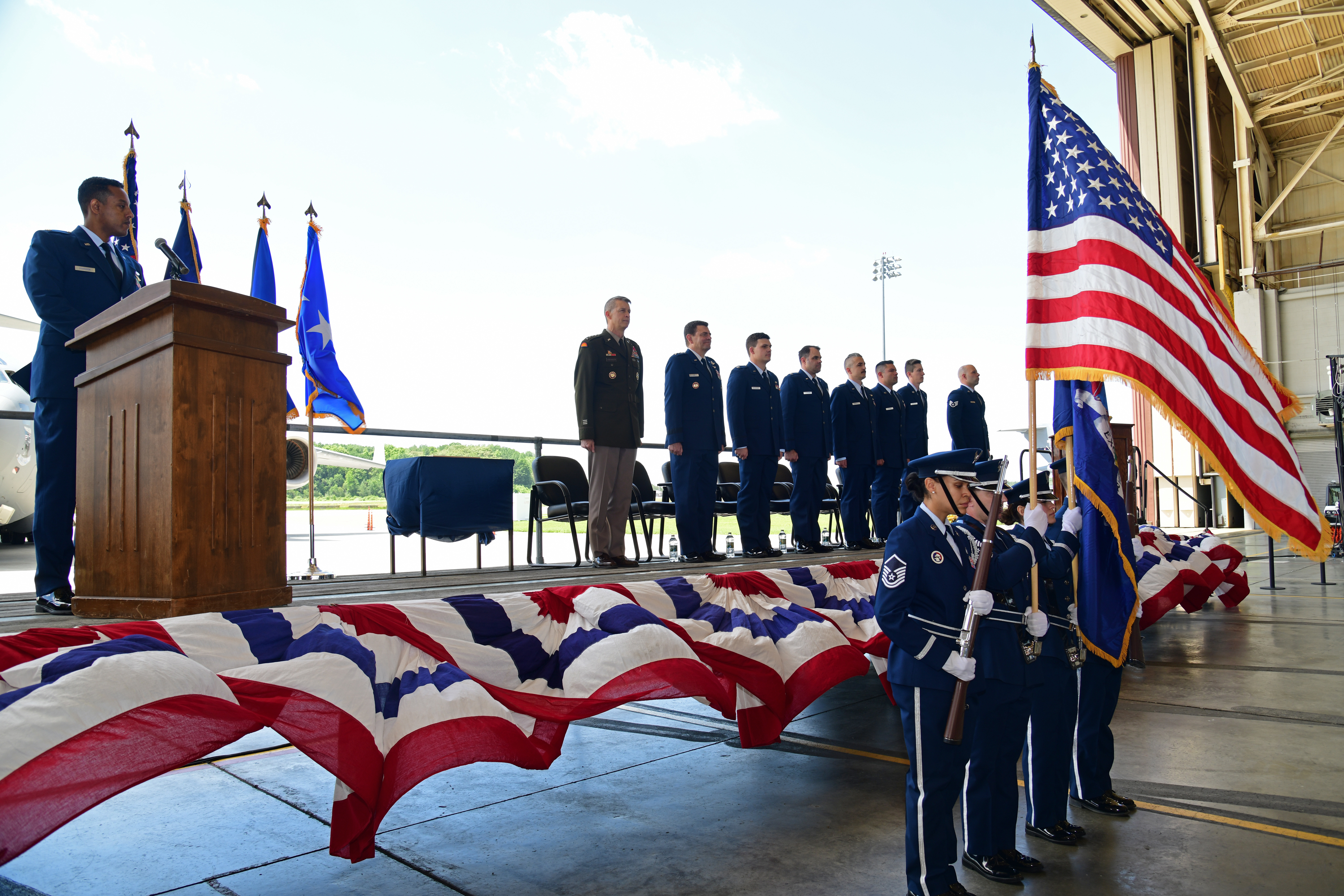JOINT BASE PEARL HARBOR-HICKAM, Hawaii—Defense Secretary Lloyd J. Austin III’s fourth visit to the Indo-Pacific region comes at a critical time for Pacific Air Forces (PACAF) as the major command seeks to maintain and deepen partnerships and China competes to win basing access that could undermine U.S. security.
The race is on to secure friends and allies in the Pacific. China is reaching out to Pacific island nations with promises of big investments in exchange for basing access while the United States looks for like-minded nations to partner to maintain a free and open Indo-Pacific.
Austin departed June 8 for a trip that will take him to Colorado then to Singapore June from 10 to 12 for the International Institute for Strategic Studies’ 19th Shangri-La Dialogue with Indo-Pacific leaders of the Association of Southeast Asian Nations (ASEAN).
“Singapore is a key player not only in the region—they’re also key player within ASEAN,” Maj. Joseph S. Buckman-Ellis, deputy chief of the Southeast Asia branch of the international affairs division of PACAF, told Air Force Magazine.
The United States is Singapore’s No. 1 security cooperation and defense partner with $8.5 billion in sales. The wealthy city state sandwiched between Malaysia and Indonesia in Southeast Asia has operated fighter jet detachments in the United States for 27 years, flying F-15s and F-16s.
In turn, Pacific Air Forces has a facilities agreement to use Paya Lebar Air Base in central Singapore.
“It’s a great place for us to have interoperability with Singapore,” Buckman-Ellis said. “Having a partner in the region that we can fly with and conduct those missions with is great training for both of our forces.”
Paya Lebar has a small U.S. Air Force unit consisting of an air mobility squadron and combat training flight. The air base also hosts exercise Commando Sling annually, allowing air crews and maintainers to work side by side similarly to the interaction at the combat training exercise Red Flag.
“There’s a lot of like-mindedness,” explained Buckman-Ellis, who attended Singapore’s command staff college for a year.
“Singapore’s philosophy on that region is a really balanced Indo-Pacific,” he added. “That aligns with the United States in terms of we want—a free and open Indo-Pacific. They want to make sure that that kind of harmony, coexistence stays that way.”
The Singapore partnership also offers an example of the type of relationships that can be forged in the region. Austin will visit Thailand after Shangri-la.
“We can be a role model to other relationships as we start to look at the other ASEAN partners,” Buckman-Ellis said.
PACAF is hoping Austin’s meetings can advance Air Force partnerships and overcome myriad challenges in the vast Pacific theater, such as refueling and executing agile combat employment (ACE) or landing at and operating from austere bases.
Austin’s planned engagement follows President Joe Biden’s special summit May 12-13 with ASEAN nations in Washington, D.C., but it also comes as China approaches the Pacific islands with investment promises.
China is reportedly negotiating with 10 Pacific island nations to sign a pact that would include economic incentives but possibly limit those countries’ ability to cooperate with the U.S. military. In April, China signed a five-year security pact with the Solomon Islands, situated northeast of Australia and near Sydney, and its important military installations.
Austin will have to show ASEAN attendees that despite billions of dollars flowing to Ukraine to defend itself and to prevent Russia from encroaching on NATO territory, the United States really is focused on China as a pacing challenge. Many nations of the Pacific have faced economic and military aggression from China in the past.
Singapore, like many of those nations, depends on China economically.
“The Singaporeans are invested heavily, No. 1, by the United States. And the No. 2 is by China,” said Buckman-Ellis.
China’s investments include the banking and digital sectors. While Singapore’s economy is a free market, more than 70 percent of Singaporeans are ethnically Chinese.
“The rules-based order is very important; the international order is very important,” Buckman-Ellis said in evaluating Singapore’s likely priorities at the coming meeting. “In their viewpoint, having the United States and China find a way to coexist and work together that maintains the region’s stability would be their No. 1 strategic goal.”
Austin’s continued engagement with Singapore is also vital to continuing PACAF’s basing access on the island, which will change in coming years as the country breaks ground on the new Changi Air Base (East) with the intention of building out a section that would be used by the U.S. Air Force.
“From a PACAF perspective of what we would want from that type of engagement with Secretary Austin is the continued support from those high-level conversations,” Buckman-Ellis said. “Singapore has a pretty dominant voice within ASEAN, and I think maintaining that relation within the Shangri-La dialogue is the key input.”
